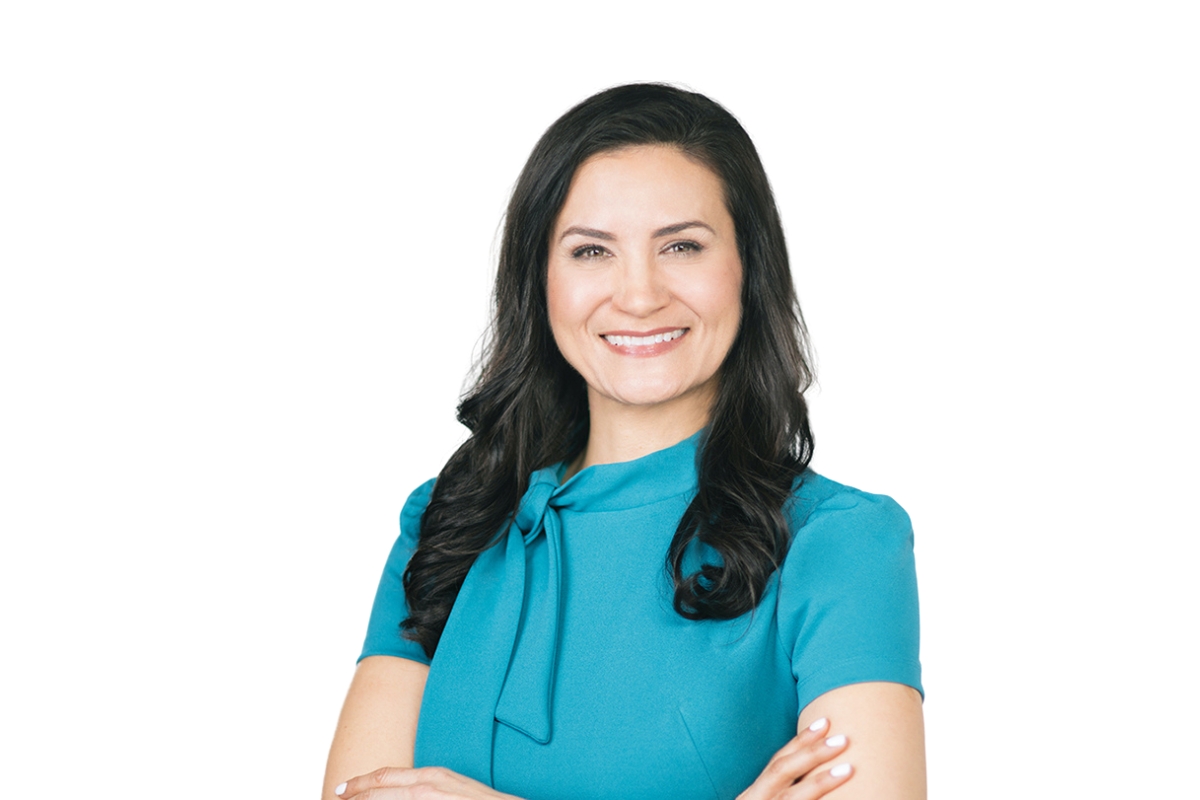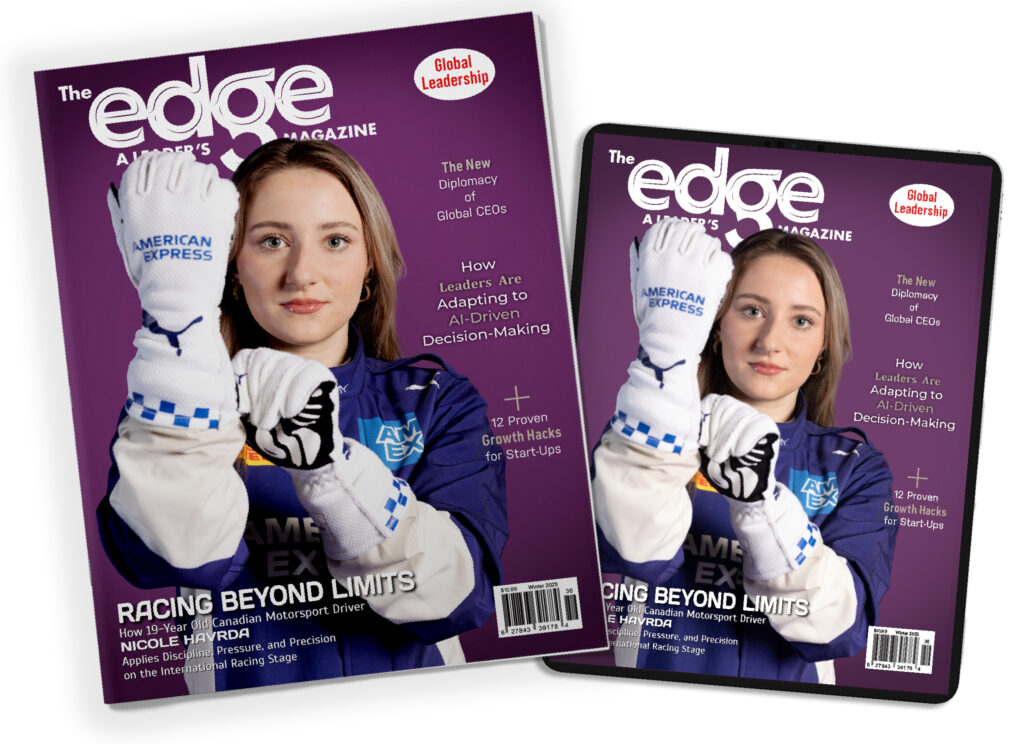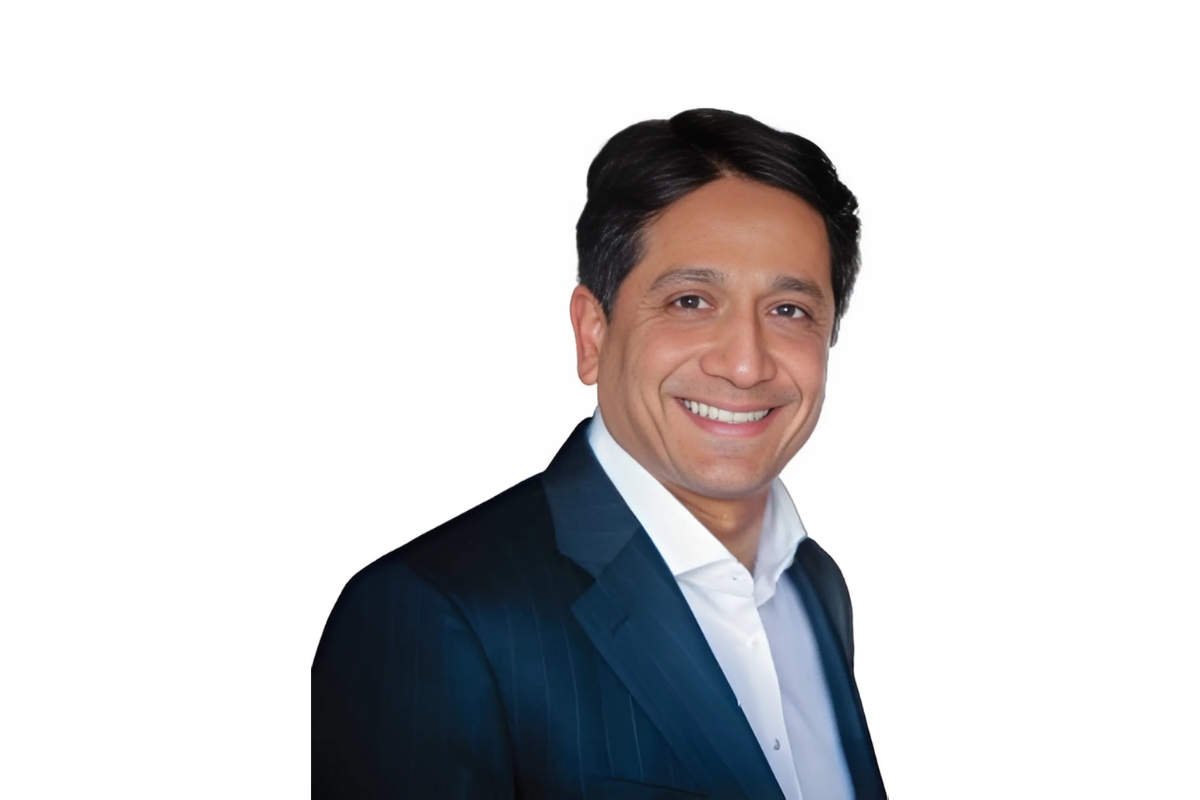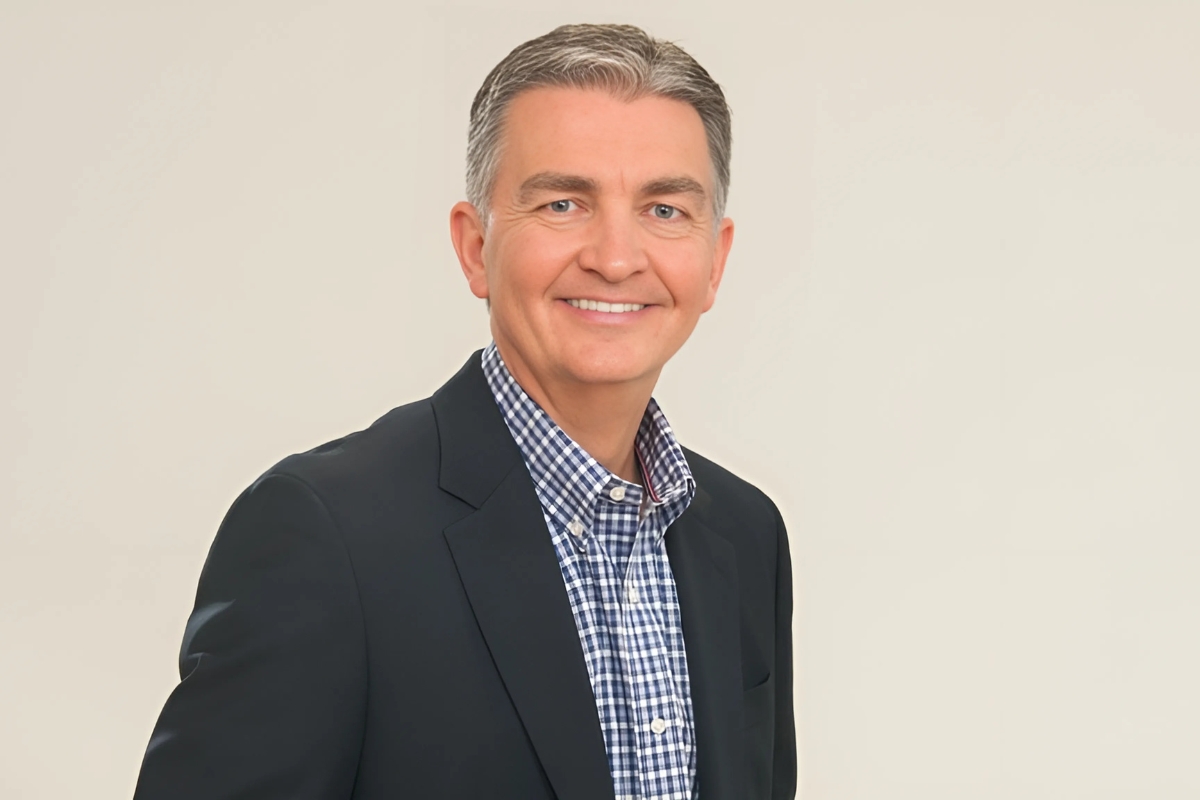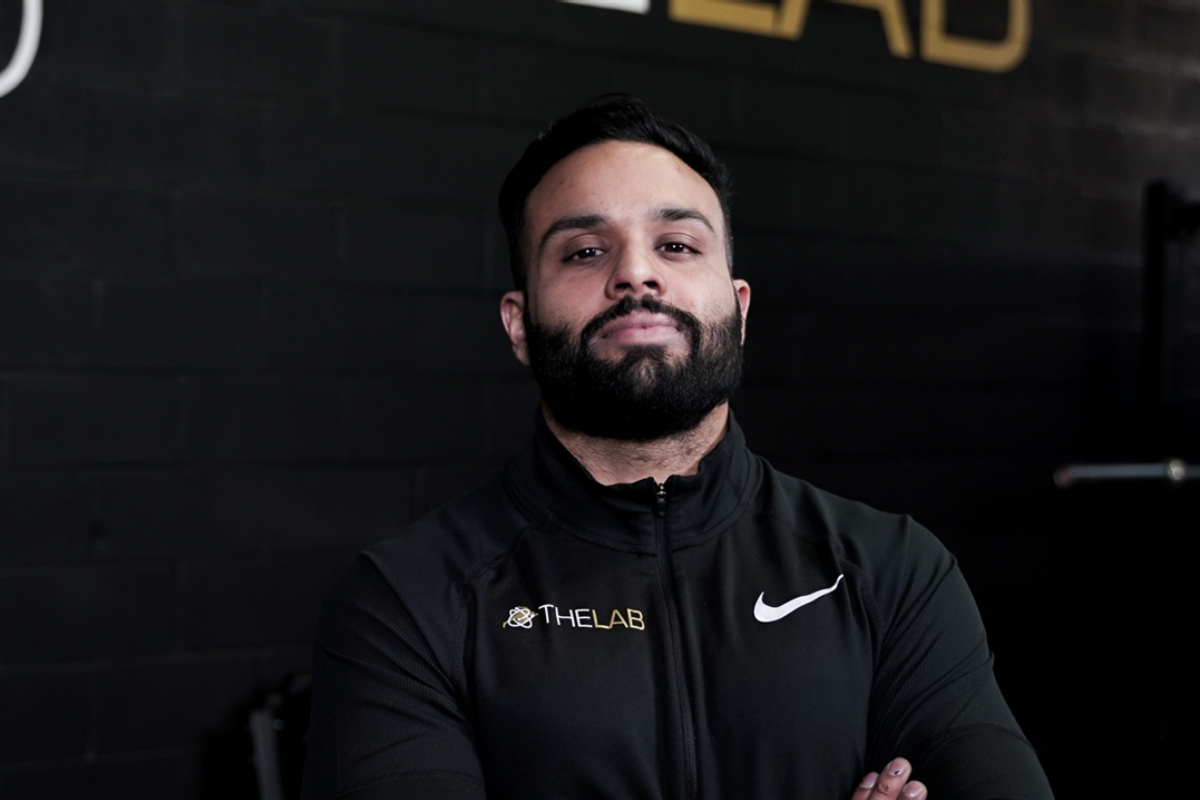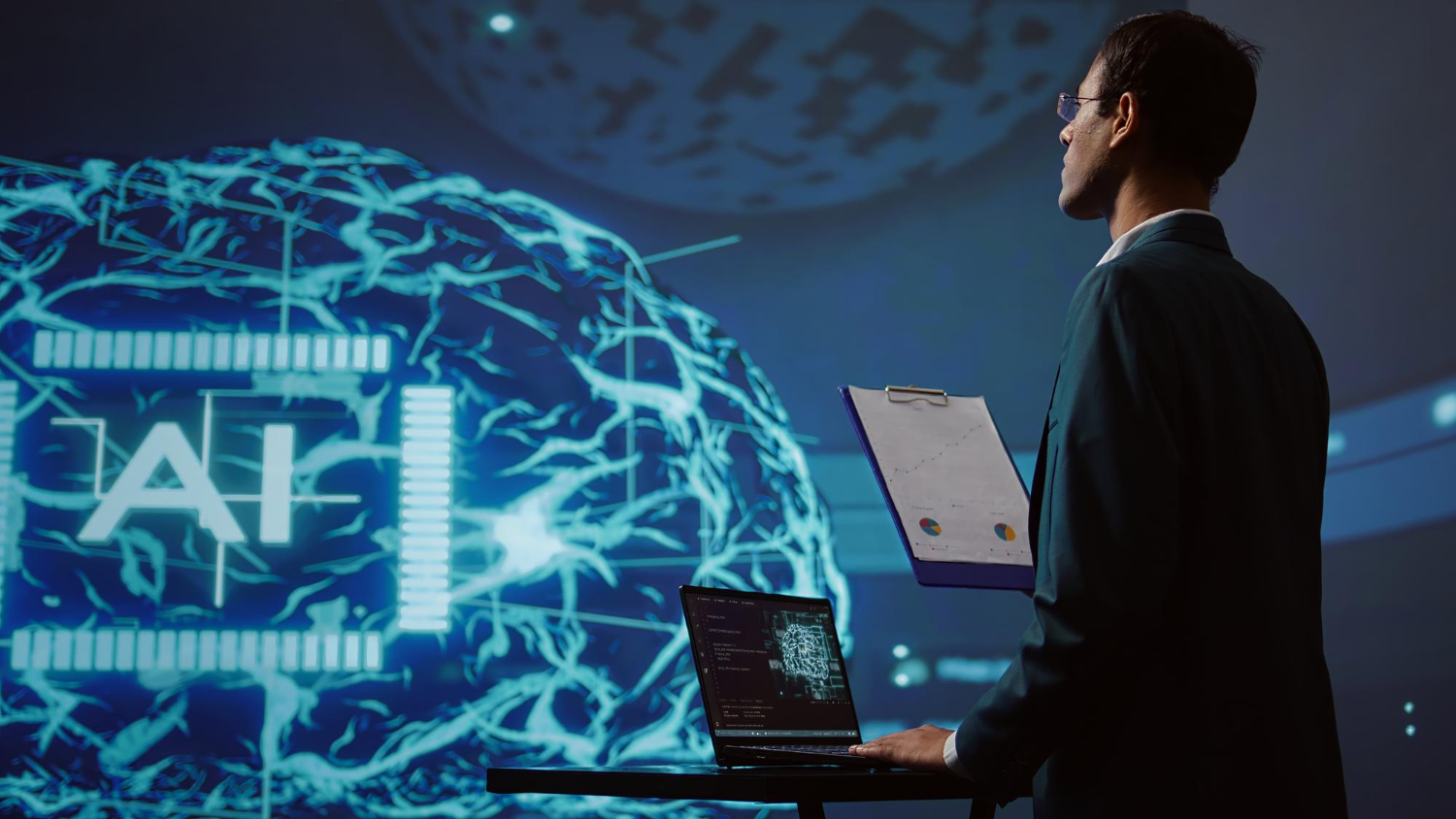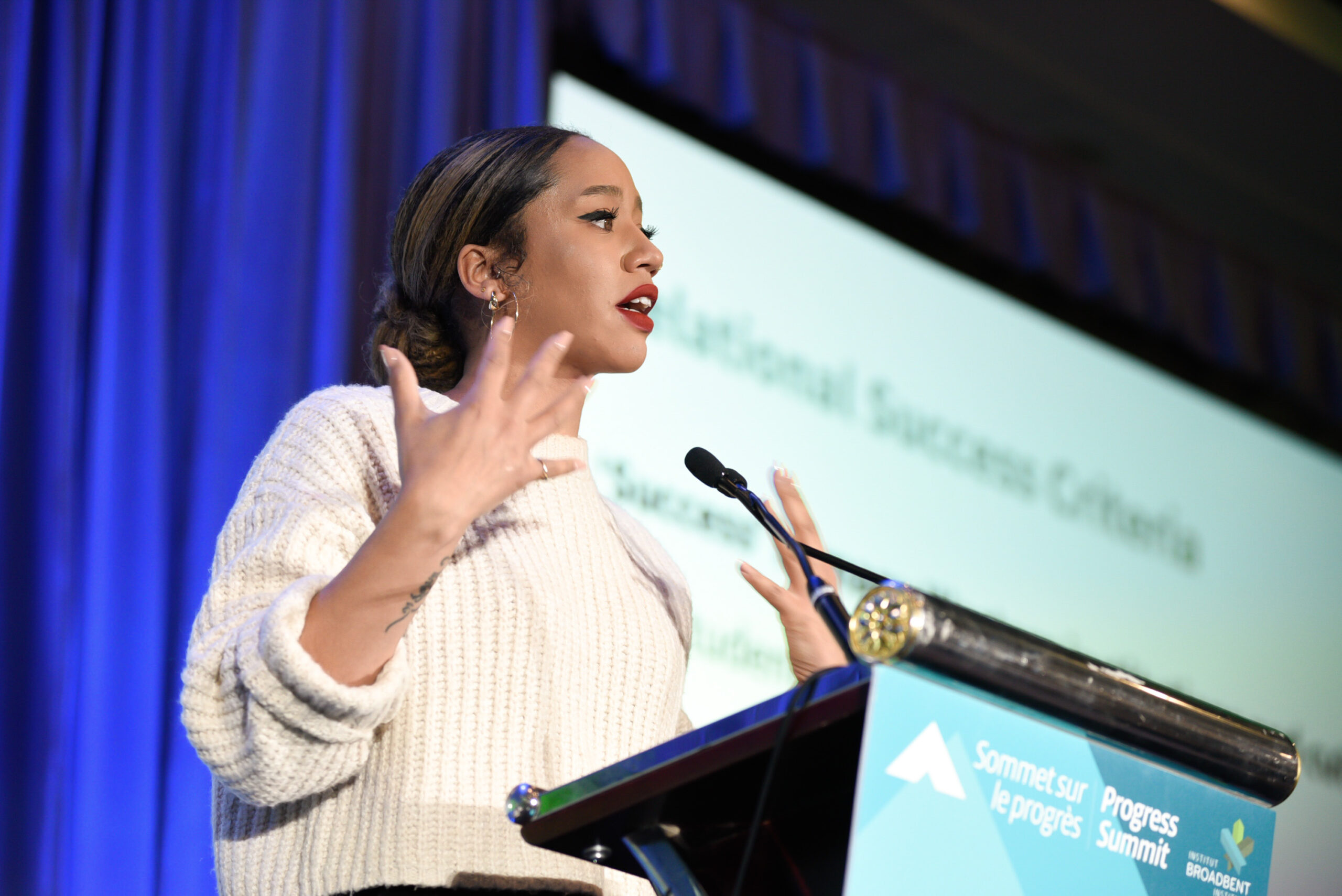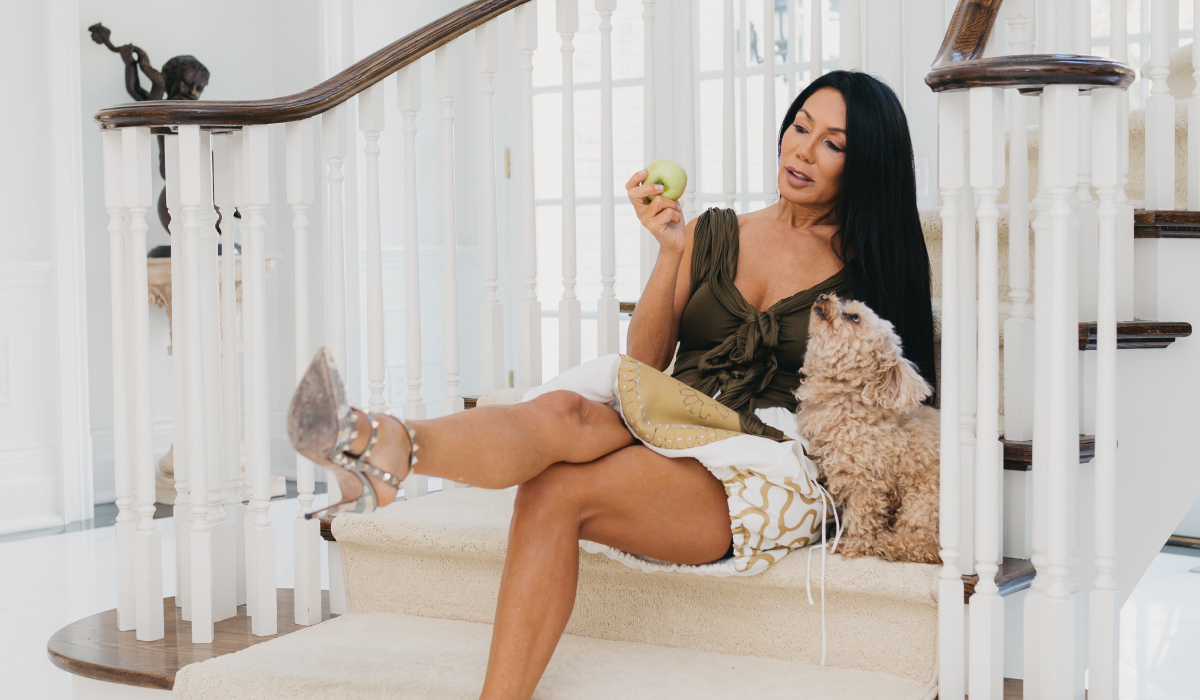Few voices resonate as powerfully as Dr. Susan Biali Haas. A distinguished medical doctor, internationally recognized mental health expert, and best-selling author, Dr. Biali Haas has dedicated over two decades to helping individuals and organizations survive and thrive. Her journey from practicing clinical medicine to becoming a leading authority on burnout prevention and stress management is as inspiring as it is impactful.
With a wealth of expertise rooted in science and lived experience, Dr. Biali Haas has transformed lives across the globe. Her workshops and keynotes have captivated audiences at organizations like Google, MIT, and the US Navy, where she shares actionable strategies for cultivating resilience and well-being. This fall, she joins the Harvard Medical School’s Benson-Henry Institute for Mind-Body Medicine faculty, solidifying her reputation as a mental health and preventive medicine leader.
Dr. Biali Haas’ influence extends far beyond the stage. Through her Psychology Today blog, read by millions, and her best-selling book, The Resilient Life, she continues to empower individuals to reclaim balance and purpose in their lives. Her insights, backed by years of clinical practice and cutting-edge research, offer a practical roadmap for navigating today’s most pressing challenges confidently.
Whether coaching senior executives, treating mental health patients, or speaking to thousands at global events, Dr. Biali Haas embodies a mission to create lasting change. Her passion for well-being and resilience has earned her accolades and partnerships with some of the world’s most renowned brands. With her unique ability to connect, and educate, Dr. Susan Biali Haas is helping people embrace their potential.
Can you describe the moment or experience that shifted your career focus from clinical medicine to mental health and resilience?
A defining moment completely changed the course of my career. During my emergency medicine residency, I worked a gruelling 36-hour shift in the cardiac care unit without sleep. When I finally returned home, I felt overwhelmed and incapable of continuing my chosen career path. Although I was diagnosed with depression at the time, it took years to realize I was also dealing with severe burnout and trauma-related symptoms.
That night, consumed by exhaustion and despair, I considered quitting my residency—even after 11 years of post-secondary education. The uncertainty of what life would look like without medicine felt crushing, and I even contemplated ending my life. At that point, my supervisor called to check in on me, having been especially vigilant after the tragic loss of another resident. Opening up to her about my struggles led to her suggestion to take a stress leave, which ultimately saved me.
During that leave, I travelled to Cuba and reconnected with parts of myself lost to years of overachievement. That experience forced me to reevaluate my priorities, and I decided to leave my ER residency and practice medicine in the community. From there, I embarked on a journey to understand mental health and resilience, and share my story to empower others to avoid the pain I endured.
In what ways has your journey shaped your mission to help others thrive?
My journey has been a continuous learning process shaped by significant challenges. Each obstacle taught me about perseverance, self-awareness, and vulnerability, and reinforced my mission to inspire others to embrace difficulties while offering them practical tools to help them navigate their paths.
Resilience is a cornerstone of your work. Why do you believe it’s essential in today’s fast-paced world?
We live in an era defined by relentless demands and uncertainties. Weeks like this—when I have four presentations across two cities—remind me of how challenging everyday life can be. Difficulty is unavoidable. An essential aspect of resilience is building structures, systems, and habits into our lives that help us endure. We grow stronger through confronting life’s troubles.
Your methods integrate science and real-life applications. Could you walk us through the process of working with clients?
I’ve been coaching leaders for over a decade, and my approach begins with an invitation to share their top five personal and professional goals. This initial conversation provides invaluable insight into what they hope to achieve and experience. With this foundation, I tailor my strategies to address their needs holistically; from there, we dive deeper into specific areas such as productivity, time management, leadership skills, and evidence-based self-care strategies These methods blend science and empathy, ensuring a personalized and impactful partnership.
The release of The Resilient Life has made waves. What message in the book do you feel resonates most with readers?
Readers have told me they feel seen and understood through the book. Even though it’s packed with science, the tone is personal and approachable, making the content relatable. Many have shared how the book gives them a sense of connection—a “me too” moment that opens them up to apply its insights to their lives. This blend of big-picture perspectives and targeted strategies seems to resonate deeply.
Organizations like Google and Deloitte have sought your expertise. How do you tailor your approach to meet the needs of such diverse groups?
The diversity of organizations I work with keeps my work dynamic and engaging. My process always begins with understanding their unique challenges by speaking directly with leaders who have deep knowledge of the group. While there are common themes, like burnout and overwhelm, each organization has industry-specific needs. I use their language and refer to their specific roles during presentations to create a deeper connection. This intentionality fosters trust and engagement.
The COVID-19 pandemic brought unique demands. cover story methods. For organizations, this means reducing barriers for What lessons did you take away from working with patients during that time?
In 2020, care delivery shifted dramatically, with most patient interactions becoming virtual. This transition led me to a new opportunity: providing virtual mental health care across Alberta through a specialized clinic. Working full-time in mental health during this period solidified my passion for the field and strengthened my skills. It was an enriching experience that expanded my professional horizons and reinforced the importance of adaptability in the face of challenges.
Being invited to join the faculty of a Harvard Medical School course is a significant honour. What excites you most about this opportunity?
Being invited to join the faculty for a Harvard Medical School Continuing Education course in mind-body medicine was one of the most meaningful milestones of my career. The annual course, led by the Benson-Henry Institute for Mind-Body Medicine, is a globally recognized program that attracted physicians and clinicians from 29 different countries last year.
What excites me most is the full-circle nature of this journey. I first attended this course as a learner in 2013, during a critical moment in my professional life when I sought answers and tools to support my well-being and career transition. Being invited back just over a decade later—not as a participant, but as a faculty member—is humbling and inspiring.
This opportunity represents both personal and professional growth and the privilege of contributing to a program that has profoundly influenced me. It allowed me to share my expertise and lived experience with a global audience of peers while continuing to learn from an incredible network of medical professionals.
As a leader in your field, how do you inspire other women professionals to embrace leadership roles confidently?
A funny yet poignant story comes to mind. Years ago, the publisher of The Medical Post contacted me about an upcoming issue on Canada’s leading female physicians. I didn’t realize he saw me as one of them—I immediately recommended other women! This experience reflects how many women struggle with imposter syndrome. I encourage following female leaders on social media to inspire other women and engage with their stories. Representation matters, and seeing others succeed can help women recognize their potential.
With technological advancements, what opportunities do you see for integrating mental health into workplace cultures?
Virtual sessions, apps, and online tools allow people to seek help without the logistical challenges of traditional methods. For organizations, this means reducing barriers for employees and embedding mental health into workplace culture seamlessly and practically. The key is ensuring these tools are implemented thoughtfully and tailored to the unique needs of their workforce. It always makes me sad when I see an organization spending significant resources on systems their people might not use.
What’s your core message to organizations aiming to support mental health effectively?
One of my most significant messages is encouraging organizations to increase resources, support, and education around mental health. Leaders, in particular, are responsible for supporting their people, but they must approach this with curiosity rather than jumping straight to solutions. What are the most common challenges that individuals are facing? What types of mental health supports do your people feel they need most? And perhaps most importantly: what changes could be made to how the organization or team operates, to decrease unnecessary stress and help people thrive? Genuine engagement fosters trust and ensures the measures implemented indeed resonate with employees.
Lifestyle medicine is gaining attention. Where does it fit into the conversation about stress and burnout?
I’ve been passionate about Lifestyle Medicine since my teenage years, it is a critical component of addressing stress and burnout. My first degree was in dietetics and human nutrition, so it’s been a foundational element of my journey.
While burnout is fundamentally a systemic issue influenced by organizational and team dynamics, individuals can enhance their resilience. Lifestyle medicine provides these foundational tools—prioritizing sleep, nutrition, exercise, and self-care. I’ve also attended courses at the Institute of Lifestyle Medicine (at Harvard Medical School) and remain excited about the latest research, which feels more relevant than ever.
High achievers often struggle with burnout. What advice would you give to someone on the brink of exhaustion?
The first step is to see a doctor. Many high-performing professionals misinterpret exhaustion as burnout when it could be a medical condition. For instance, thyroid issues or iron deficiency anemia—prevalent among women—can mimic the symptoms of burnout. I recently received an iron infusion to treat clinically low levels of iron stores, and it was transformative.
Beyond medical concerns, I always begin by asking clients about their sleep, nutrition, and exercise habits. These fundamental aspects significantly impact brain performance, mood, anxiety levels, and overall well-being. For those seeking immediate action, I often suggest reflecting on what they need most, right now. Whether it’s a whole night’s sleep, a mental health day, or even a quiet moment to recharge, identifying and honouring that need is often the first step toward recovery.
Do you have any personal practices or rituals that keep you grounded and balanced in your career?
I’m deeply committed to science-backed practices and continuously refine my routines. For instance, I’m taking a neuroscience course at MIT, which has influenced my hydration habits—I drink far more water now than I used to. Every day begins with mindfulness and prayer. I dedicate 15–20 minutes to mindfulness because research shows it enhances cognitive function, memory, mood, and problem-solving abilities while improving calmness under stress. Exercise is another non-negotiable for me, even if it’s just a brisk walk. Before this interview, I went for a walk/run to ensure my mind was at its best. I also prioritize relationships, as they’re the most significant determinants of health and happiness, making time for the people who matter most in my life.
Is there a guiding principle or philosophy that has helped you navigate life’s challenges?
Since hitting rock bottom during my emergency medicine residency, I’ve embraced the philosophy of finding the gift in every challenge. That moment could have destroyed me, but I chose to turn my pain into a narrative that inspires and helps others. This perspective has shaped how I approach adversity. It’s not about dismissing the difficulty, but seeking its growth and purpose.
What would you say to someone feeling overwhelmed and stuck to help them take the first step toward resilience?
I always ask, What do you need right now? This question often catches people off guard, especially women leaders who are used to prioritizing everyone else’s needs. It’s powerful because it permits them to consider their well being. This simple moment of introspection can spark a journey of self-discovery—understanding what they need in their personal and professional lives to thrive. Those identified needs often become the foundation for lasting resilience and peak performance.
How does your background in dietetics contribute to your perspective on health and well-being?
My interest in dietetics started as a teenager and has influenced my career. Initially, I developed a low-grade eating disorder in my late teens, which led to a hyper-focus on food and nutrition. A turning point came when a boyfriend suggested I see his sister’s dietitian. That experience helped me heal and sparked a passion for understanding the connection between nutrition and well-being. This background has given me a unique perspective, integrating nutrition principles into mental health and resilience work.
The impact of your work spans continents. What would you like your ultimate legacy in the mental health field to be?
My ultimate goal is to empower people with the knowledge, skills, and tools to take charge of their mental health and well-being. Mental health challenges often leave individuals feeling powerless, but I strive to show them where they do have control, the aspects of that experience that they can reclaim through practical strategies and informed choices. I hope my legacy inspires a global shift toward proactive mental health care, enabling individuals to lead healthier, more fulfilling lives while fostering more connected, compassionate communities.
Looking back, what wisdom do you wish you had known earlier in your career?
If I could go back, I’d tell my younger self: You’re not a clinician, you’re a teacher and an educator. Your most significant impact will be in the area of mental health. That said, the misguided choices and challenges I faced early gave me the lived experience that now underpins my work. Without those struggles, I wouldn’t have the authenticity or depth to help others as I do today.
Can you share any closing thoughts or reflections?
While I’ve turned my crisis into a foundation for my work, I aim to help others avoid such extreme experiences. I hope for a kinder, more compassionate world where we care for ourselves more thoughtfully. When challenges arise, I want people to feel equipped with the tools, community, and strength to navigate them—to survive and thrive. (Great ending!!)
Jennifer M. Williams | Editor in Chief

